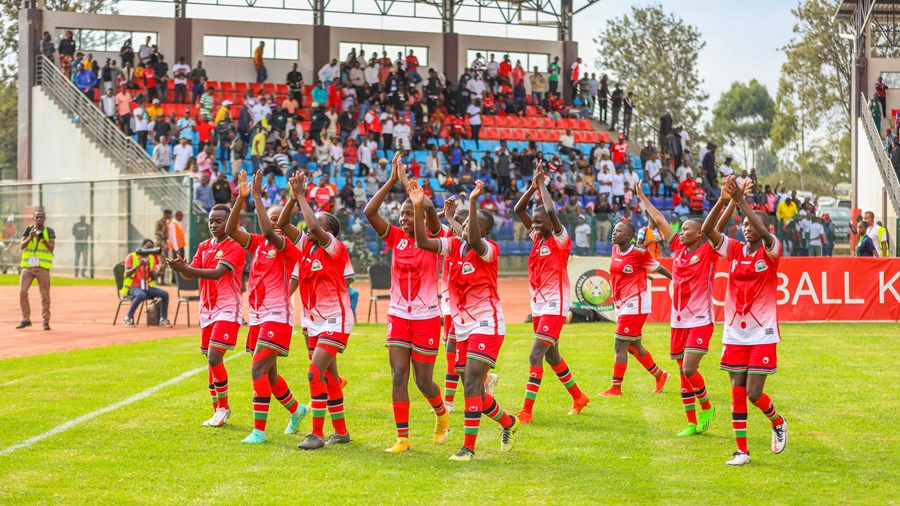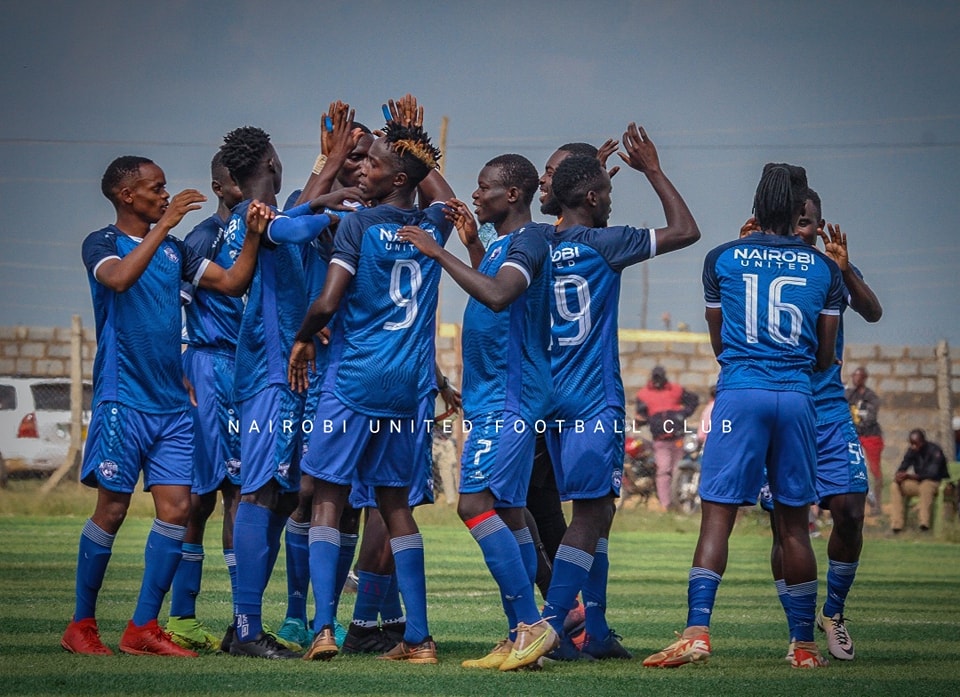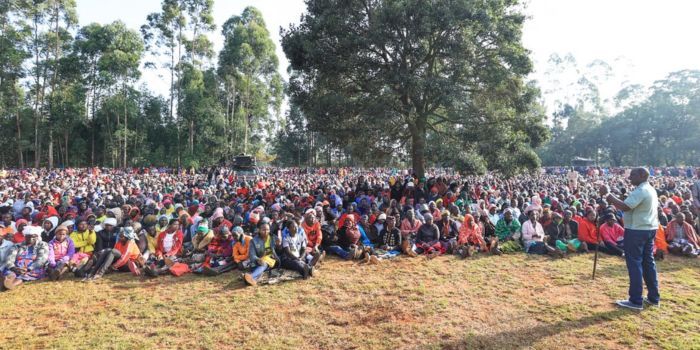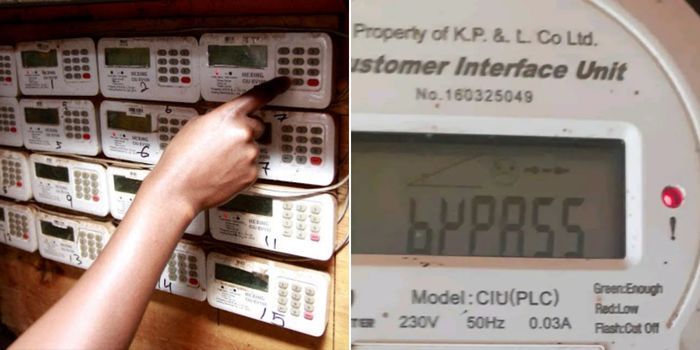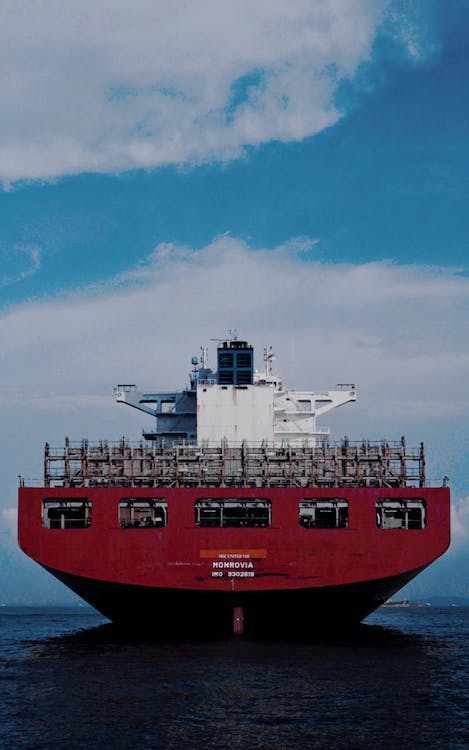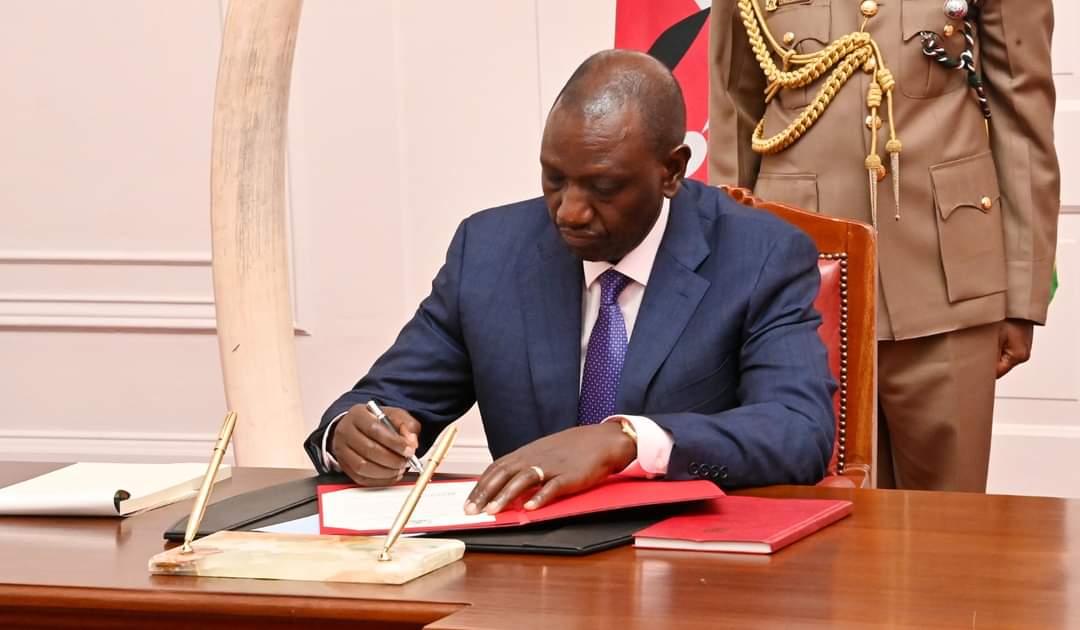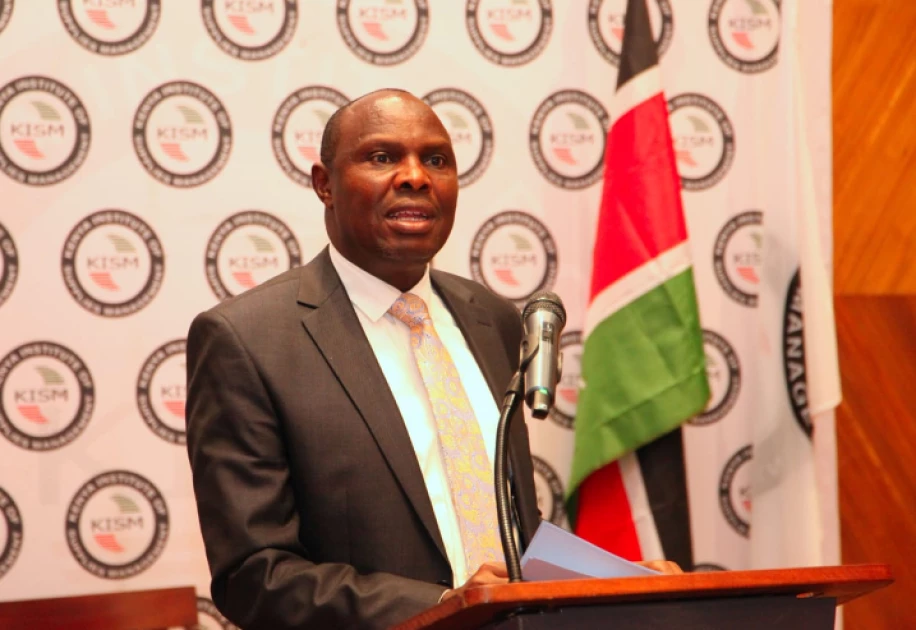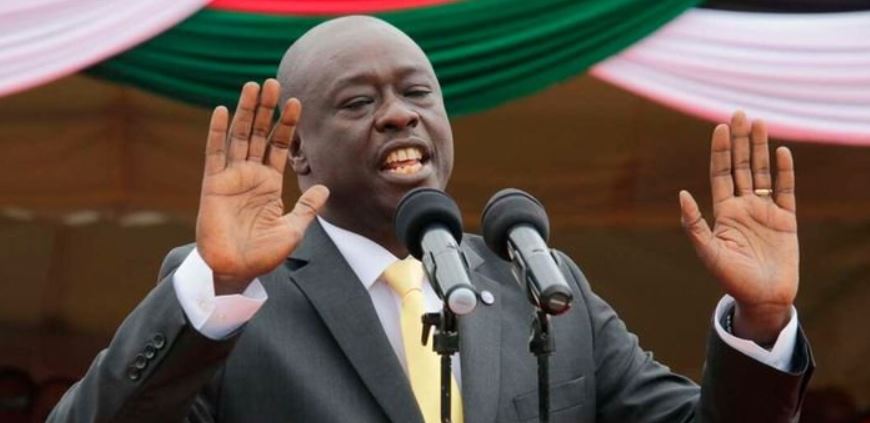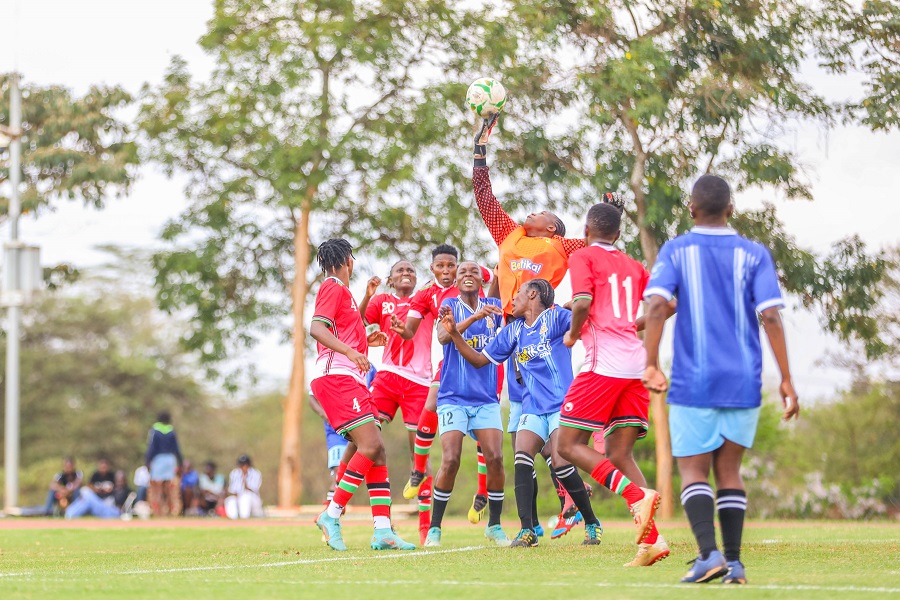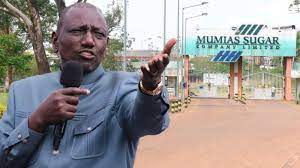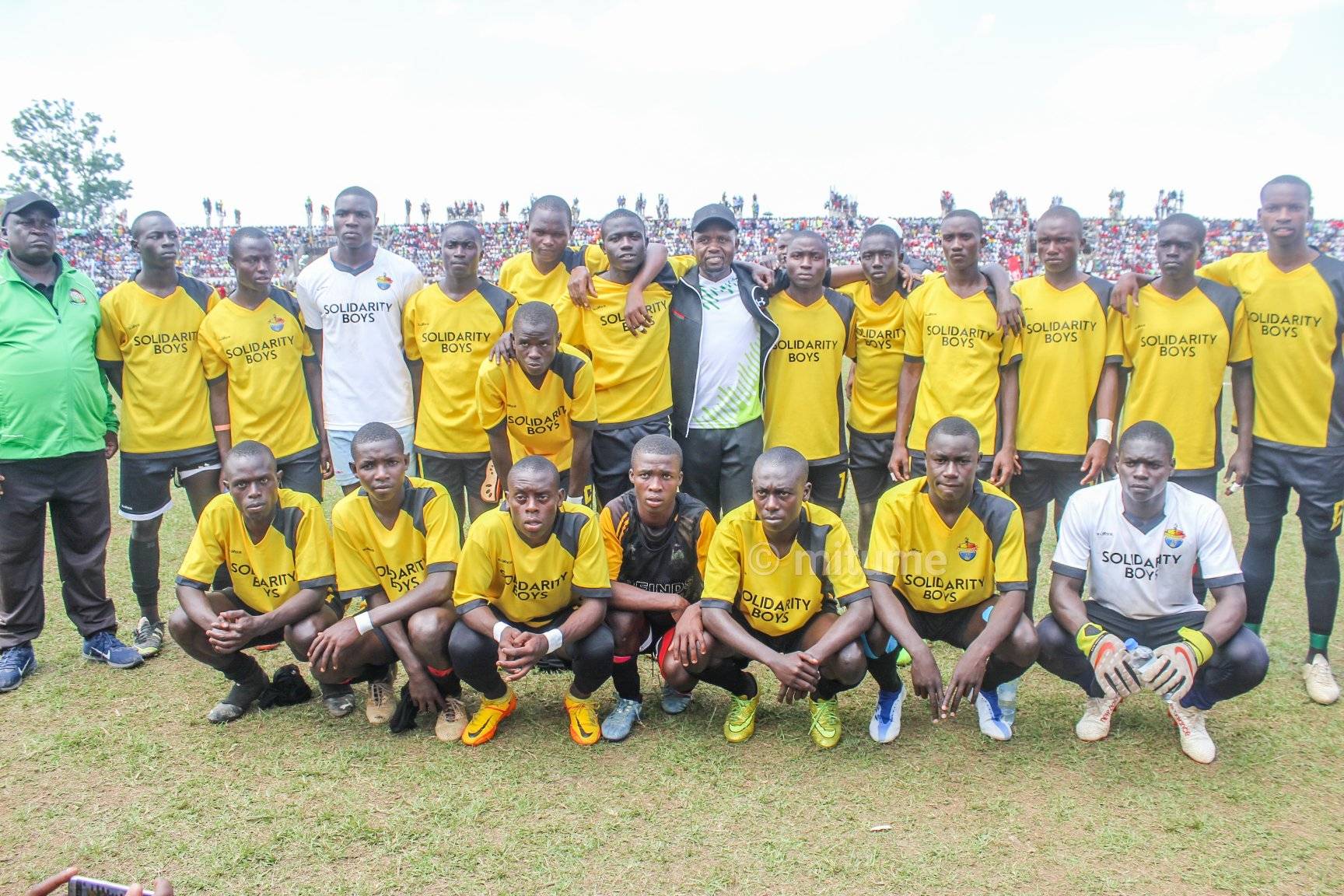

The National Government on Monday, announced that 11 parastatals were being put up for sale.
Some of the companies to be sold through the privatisation program include; Kenya Literature Bureau (KLB), Kenyatta International Convention Centre (KICC), National Oil Corporation (NOC), Kenya Seed Company Limited, Mwea Rice Mills, and Western Kenya Rice Mills Limited.


The Kenya Pipeline Company, New Kenya Cooperative Creameries, Kenya Vehicle Manufacturers Limited, Rivatex East Africa Limited, and Numerical Machining Complex are among the other businesses that the government is trying to sell.
The government disclosed in a dispatch that the two parastatals, the Kenya Literature Bureau and the KICC, needed to be merged into limited companies, which was one of the reasons it was selling them.
On the other hand, NOC is being privatised largely because of poor financial performance after perenially posting huge losses.
The government is also looking to dispense with the corporation because of negative working capital and low liquidity


Kenya Seed Company chaired by former Kirinyaga Woman Representative Purity Ngirici was identified as a profitable and mature industry that was ready to be sold to the private sector.
Other companies that were identified as mature hence necessitating a sale included; Mwea and Western Kenya rice mills, and Kenya Vehicle Manufacturers Limited.
In the divesting blueprint, the government further revealed it was looking to offload the New Kenya Cooperative Creameries because the company has huge potential, since it had already exhibited cyclical performance.
Apparel-making company Rivatex was earmarked for sale in a bid to attract private sector capital and expertise. The sale is also informed by the need to reduce the need for Government of Kenya (GOK) funding.
Furthermore, it was determined that Rivatex was a losing business that depended on GOK for ongoing and development budget support.
The government declared that monopolistic traits demonstrated by a dearth of competitors in the market was one of the reasons Kenya Pipeline was being sold.
The administration of President William Ruto went on to say that the decision to privatize the company had also been influenced by the ongoing legal cases involving it.

